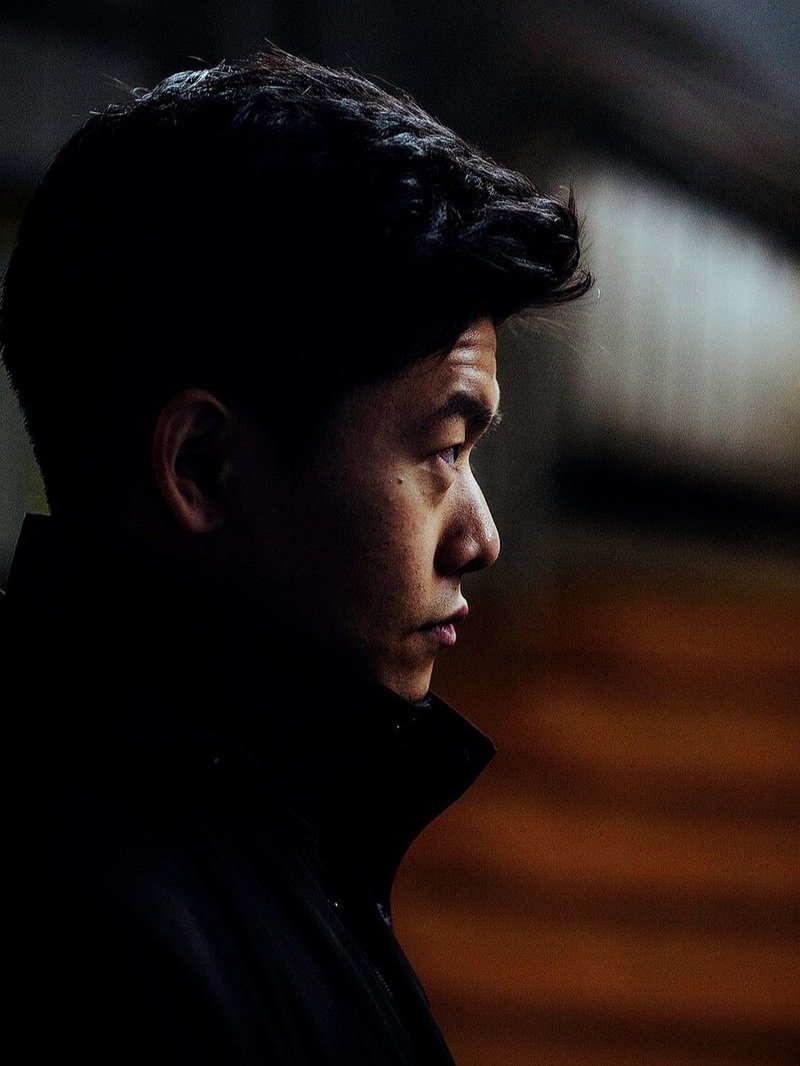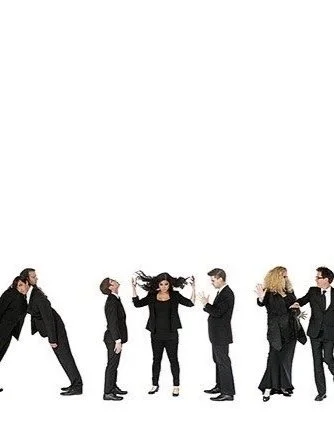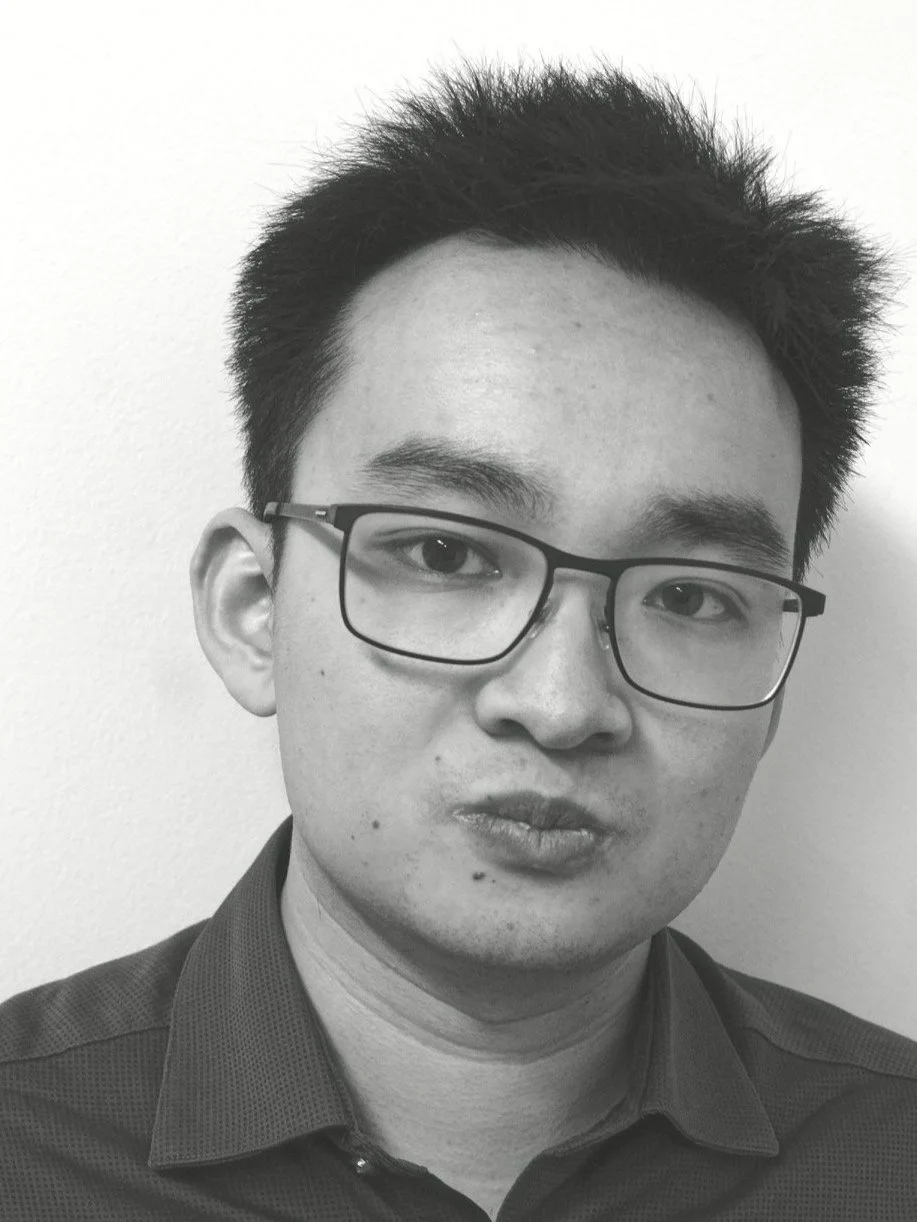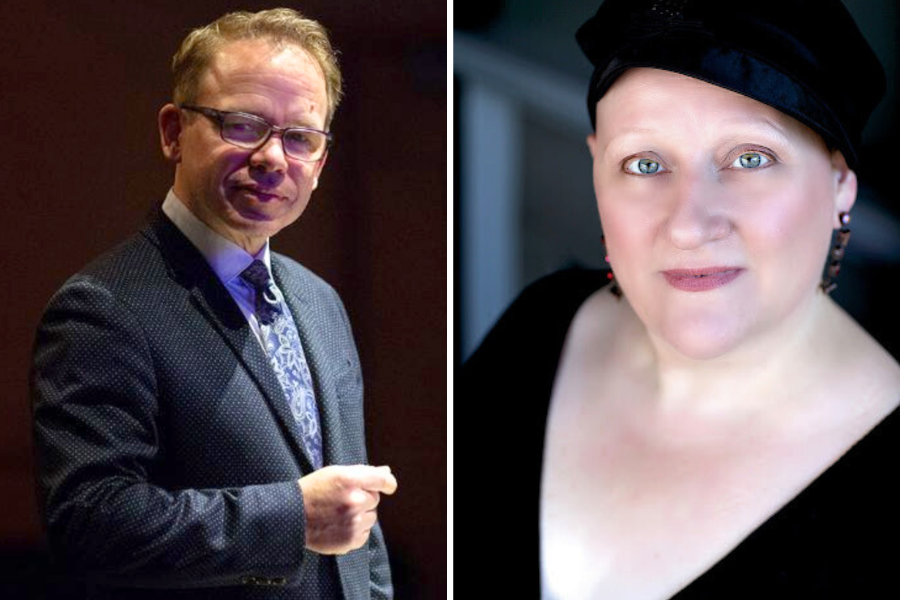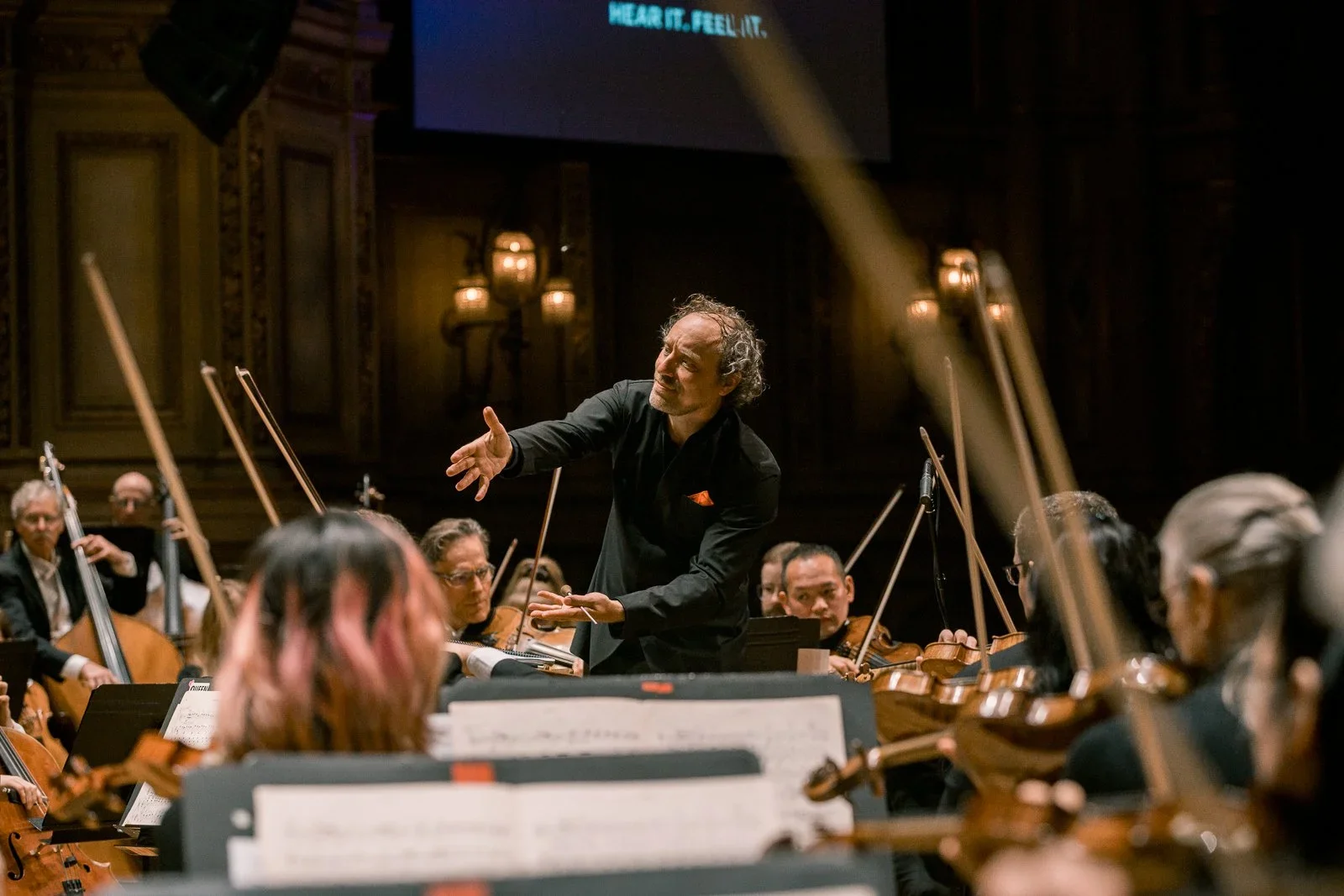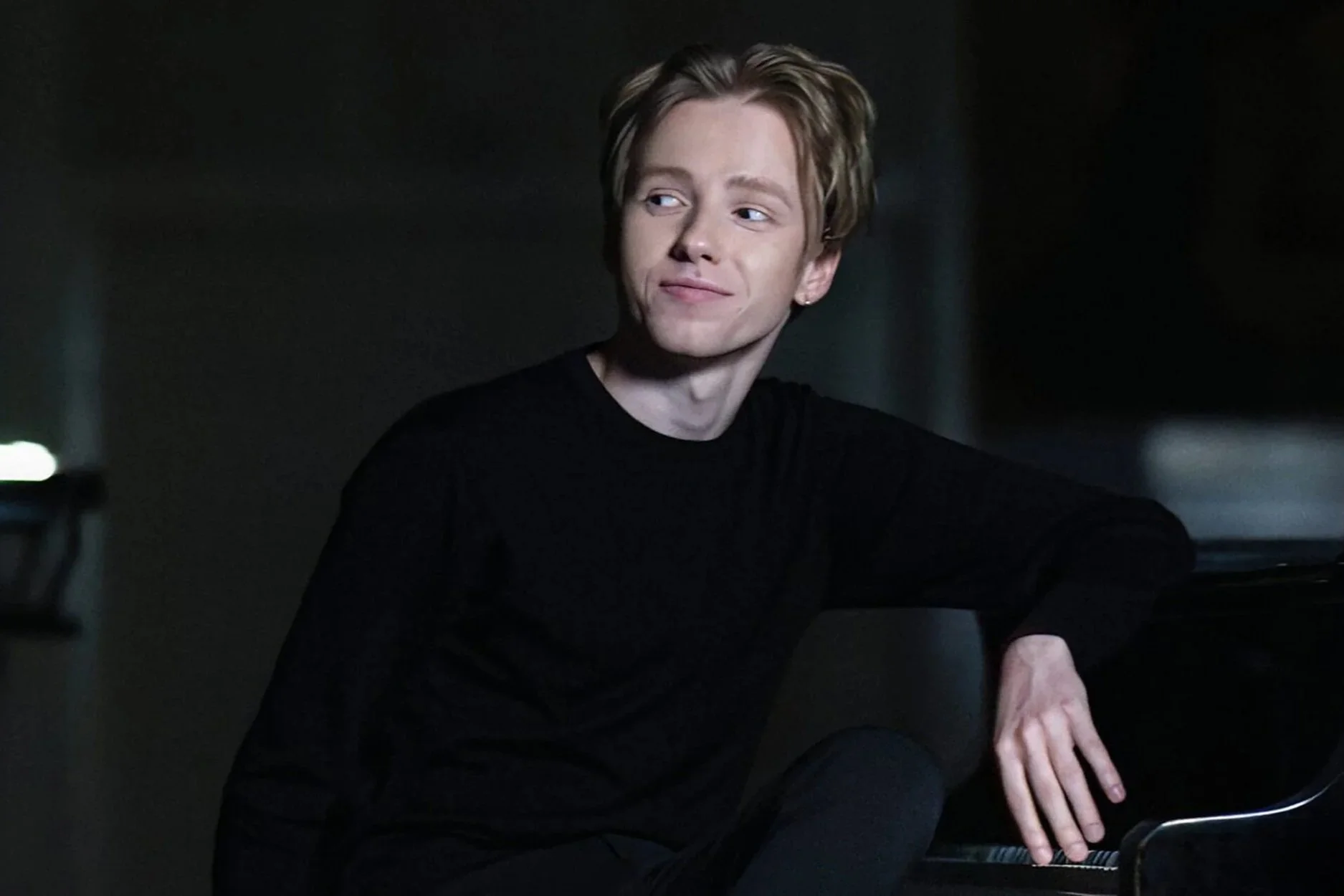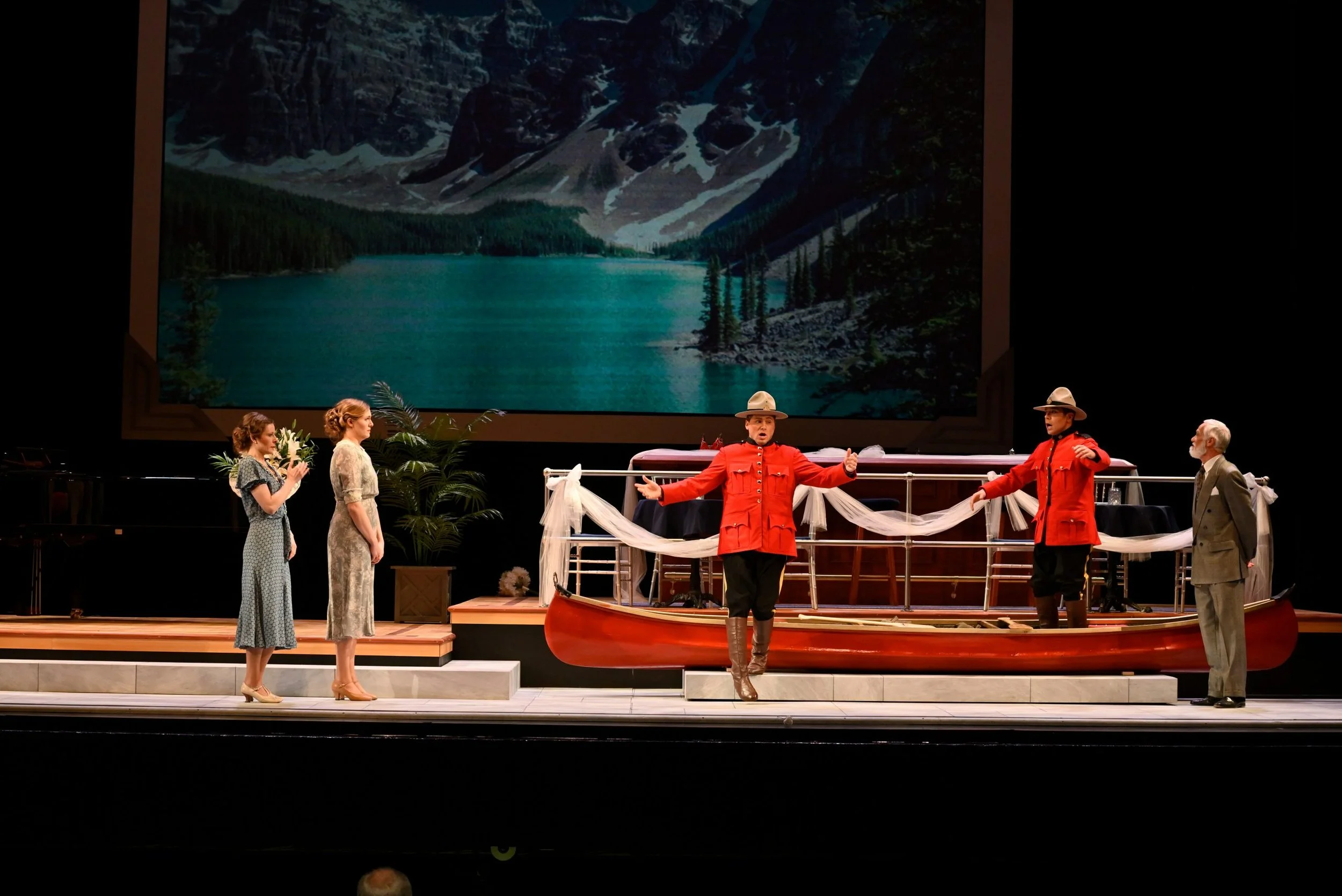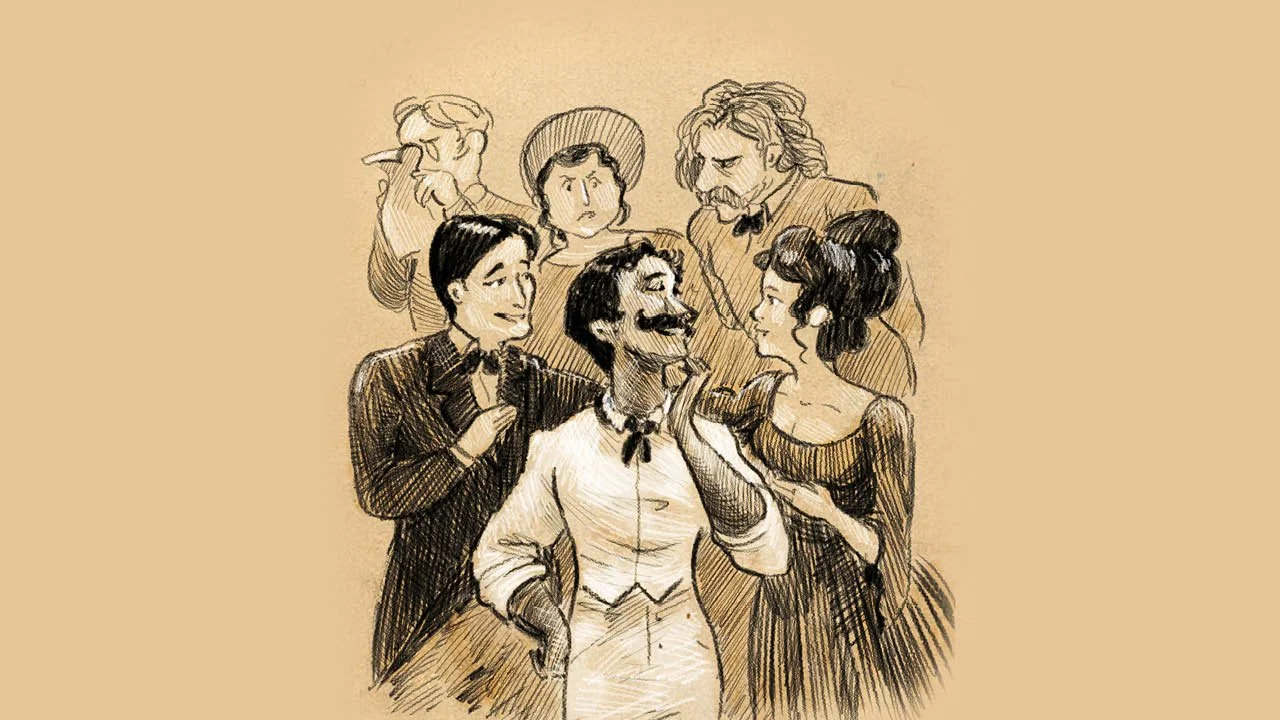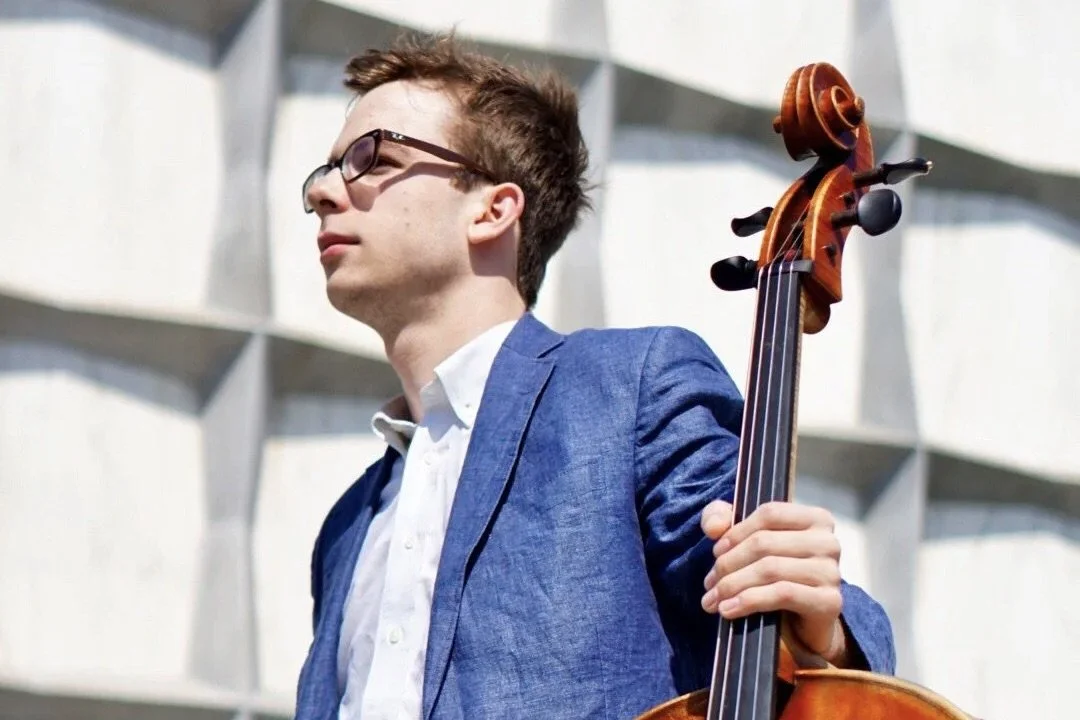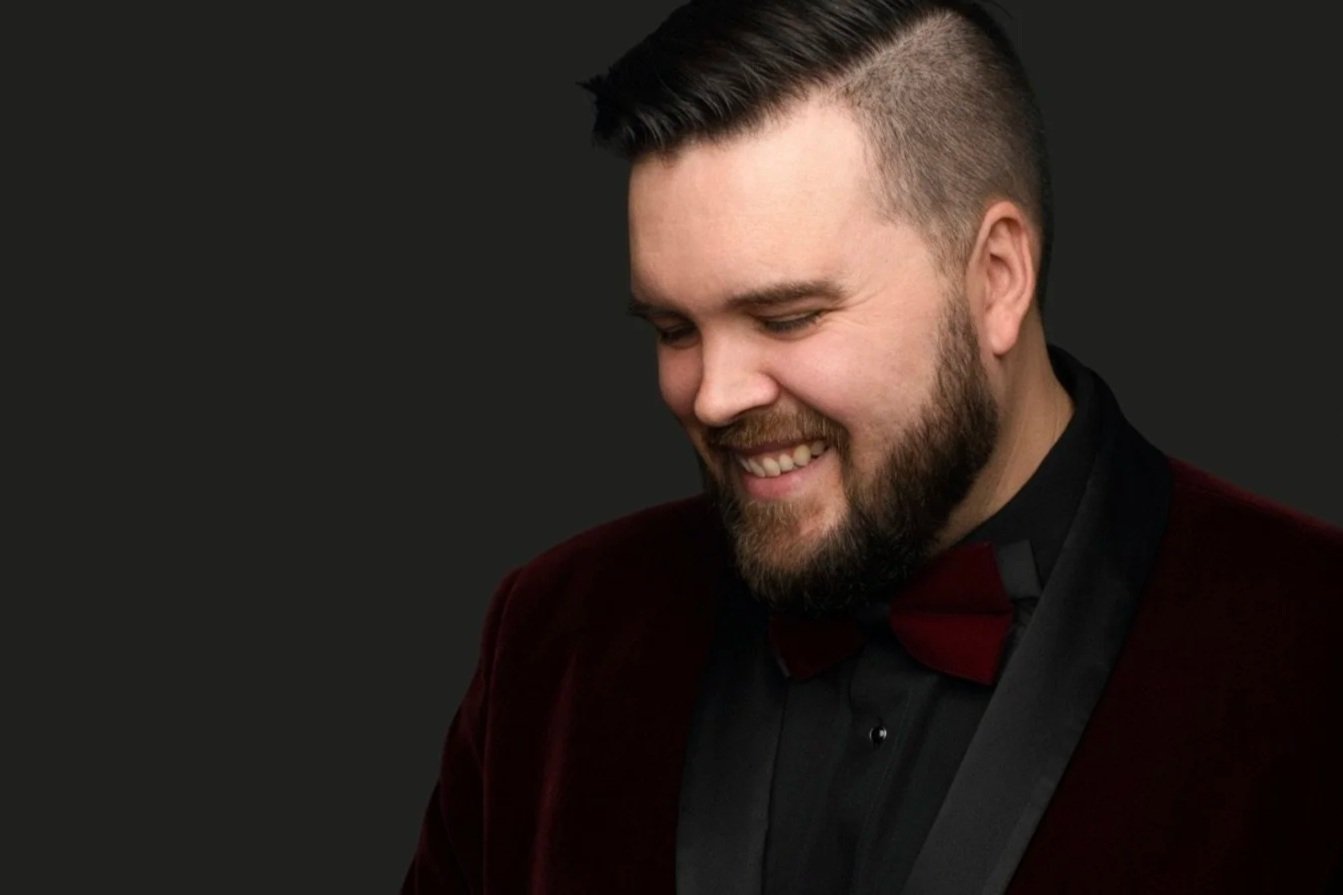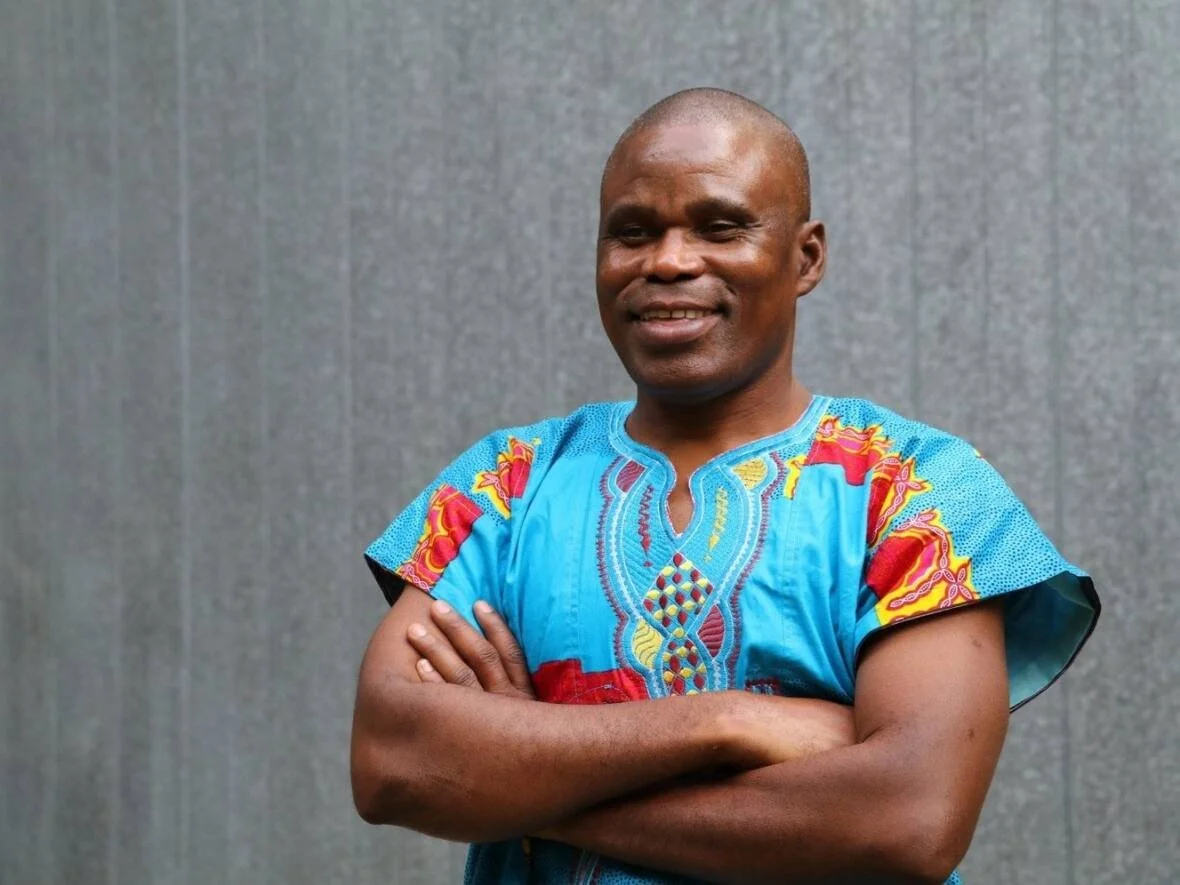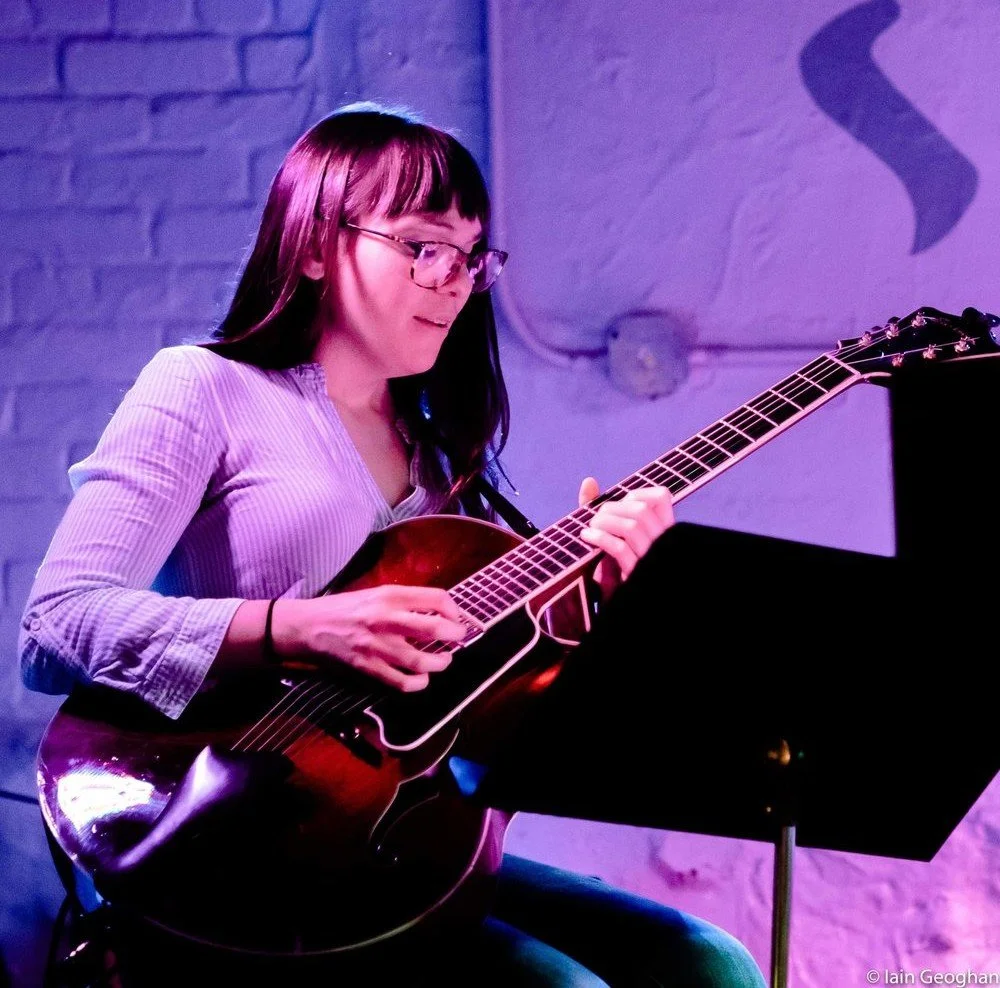Talea Ensemble traverses numbers stations and unconventional sounds, in two new B.C. works
Vancouver New Music concert debuts pieces by composer Brandon Chow and William Kuo
BC composer William Kuo
Talea Ensemble
BC composer Brandon Chow
Vancouver New Music presents Talea Ensemble at the Annex on April 23 at 8 pm; artists chat at 7:15 pm
NUMBERS STATIONS—clandestine shortwave-radio outlets that transmit long strings of seemingly random figures, often delivered in a robotic or electronically altered voice—have long fascinated cryptographers and conspiracy theorists, with the general consensus being that such transmissions have to do with espionage or military secrets.
But artists have also mined these cryptic broadcasts for inspiration: the 2013 action thriller The Numbers Station starred John Cusack as a murderous CIA agent who becomes entangled with a numbers broadcaster; the rock band Wilco samples an Israeli numbers station in its song “Poor Places”; and the Icelandic composer Jóhann Jóhannsson has also used numbers transmissions in his work.
And now composer Brandon Chow has turned his attention to such broadcasts in Grey Waters, which will be premiered by New York’s Talea Ensemble in a Vancouver New Music–sponsored concert this weekend. But rather than simply sample a numbers transmission, Chow has opted to delve deeper into coding and decoding, assigning musical parameters to certain numbers and allowing the original transmission, in a sense, to shape his piece.
Which isn’t to say that he’s not making aesthetic judgements during the compositional process. “I might try some kind of numerical system, because the nice thing about numbers stations is that they do have data intrinsically inside of them, and I can choose to realize that data in many different ways,” he says in a telephone interview from his Burnaby home. “But if I don’t like the result, I’ll subject how that data is applied to a modification.”
Chow is deeply engaged with systems analysis—which is understandable, in that he is just two weeks away from graduating with a degree in anatomical pathology. “I spend most of my days at the microscope, looking at stained slides of human tissues that have been taken out through biopsy,” he explains. “And there is a bit of a correlation between that and my interest in sound because, really, both of them have an emphasis on structure at various scales. With microscopes you can magnify different sizes, and then in music you can also magnify at different sizes, depending on what kind of texture you’re working with.”
He doesn’t disagree with the notion that in his medical research he’s looking at “corrupted” source materials in order to identify a problem, while his sonic explorations often involve the deliberate mutation of his source material in order to arrive at an aesthetically interesting result. Transformation is what he’s aiming for, whether it’s turning classic sea chanties into an orchestral score—as he did in Tilikum, a 2016 commission for the Greater Victoria Youth Orchestra—or collaborating with a computer to create DMD1, a work for digital piano. But Chow is also interested in music’s human impact, and notes that recent geopolitical events have given Grey Waters unanticipated emotional heft.
“What drew me to these numbers stations originally is that they sound sometimes quite ominous,” he says. “Part of that is their ambiguity, on the one hand, but also their incredible precision on the other. And so the feeling I got when I was writing the piece was this idea of communicating something, but not knowing exactly what it is I’m communicating—that idea of there being some kind of hidden threat. So it’s an interesting and tragic coincidence that the entire zeitgeist right now might not be too different from that idea.”
Grey Waters isn’t the only local piece that Talea will premiere during its Vancouver concert. Also on the program—along with Amadeus Regucera’s Inexpressible v. 2, Raven Chacon’s Round, and Olga Neuwirth’s coronAtion II: Naufraghi del mondo che hanno ancora un cuore—is University of Victoria–trained William Kuo’s eidos; qualia, which adds subtle lighting effects and an electronic penumbra to amplified acoustic sounds. The germ for Kuo’s score came to him during a six-month residency at the Taiwan Sound Lab: as he tells it, he was turning the pages of a score for zheng, a 21-stringed zither, when he noticed that he and the performer were hearing resonances from his instrument that weren’t actually on the page, and which wouldn’t necessarily be heard by an audience.
“I became really interested in the topic of presence and perspective, so I started to think ‘What can I do with this piece to continue that?’” Kuo explains in a separate telephone interview. “And as I was composing this piece I started reading this book called Art and Cosmotechnics by an author named Yuk Hui, in which he talks about a style of Chinese painting called shanshui, and how the masters of shanshui are trying to… Well, they’re not trying to paint what they see, but they construct form in terms of ‘participation’, I think he says. They make visible the invisible.”
In eidos; qualia, whose title refers to classical concepts of form and perception, the audience will see the Talea musicians making sound—and sometimes quite unconventional sound, as Kuo occasionally asks them to play with a fragility that’s unusual in chamber-music performance. But they’ll also hear an electronic response to those sounds, controlled off-stage by the ensemble’s in-house sound engineer, along with further sonic manipulation by the composer himself, who’ll be working a guitar-effects pedal that allows him to raise, lower, and stretch notes in a decidedly surreal way.
“This piece is about immersing listeners into the sound—into the qualities of the sound,” Kuo says, “while hopefully revealing something deeper underneath.”


